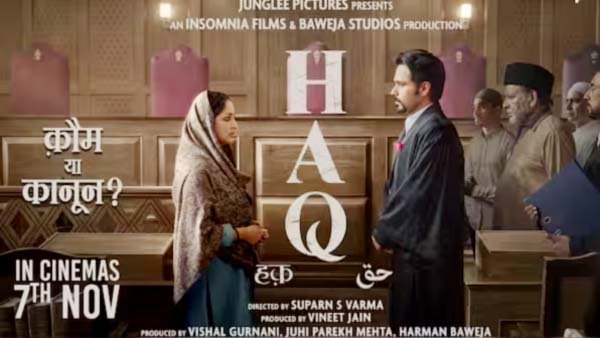New Delhi, Oct 3 (UNI) The Telecom Regulatory Authority of India (TRAI) today released its recommendations on ‘Formulating a Digital Radio Broadcast Policy for private Radio broadcasters’, an official statement said.
These are along with terms and conditions and reserve price for commencement of digital radio broadcasting service in four ‘A positive’ category cities, viz., Delhi, Mumbai, Kolkata, and Chennai; and nine ‘A’ category cities, viz., Hyderabad, Bengaluru, Ahmedabad, Surat, Pune, Jaipur, Lucknow, Kanpur, and Nagpur.
These recommendations are sought by the Ministry of Information and Broadcasting (MIB) in April 2024 on formulating a digital radio broadcast policy for private Radio broadcasters.
Policy recommendations said that digital radio should be commenced in Simulcast mode by new broadcasters, and the existing analog FM radio broadcasters should also be permitted to migrate to simulcast mode on a voluntary basis.
Moreover, the proposed simulcast code will enable them to broadcast one analog, three digital, and one data channel on the assigned spot frequency, and a single radio technology standard should be adopted in India for the introduction of digital radio broadcasting in VHF Band II.
“The Government should select a suitable Digital Radio Technology for deployment in India either by holding consultations with main stakeholders, that is, the radio broadcasters and the radio receiver manufacturers; or by incorporating selection of technology in the spectrum auction process; or any other method considered suitable by the government.” the policy recommendation said.
The government should prepare the frequency planning in a single technology scenario for each of the four cities of category ‘A positive’ and nine cities of category ‘A’, and place it in the public domain.
While the frequency of new channels should be assigned by way of auction in accordance with Section 4 (4) of the Telecommunication Act 2023.
Section 4 (4) of the Telecommunication Act 2023 states that any exemptions previously granted under the Indian Telegraph Act 1885, or the Indian Wireless Telegraphy Act 1933, will continue to be valid under the Act unless the central government issues a different notification.
The policy recommendations said that a time limit of six months from the date of conclusion of the auction process should be given to existing broadcasters to exercise the option to migrate to the simulcast code.
Highlighting the migration process, the recommendations said “For migration to simulcast mode, existing FM radio broadcasters will be required to pay an amount equal to the difference of auction auction-determined price for digital radio broadcasting in a city and the proportionate amount of Non-refundable One Time Entry Fee (NOTEF) for the remaining period of the existing permission.”
Government should introduce a new authorisation for ‘Radio Broadcasting Infrastructure Provider’ for the provision of active and passive digital infrastructure, which can be leased to radio broadcasters. However, this will not be a prerequisite for the introduction of digital radio services.











